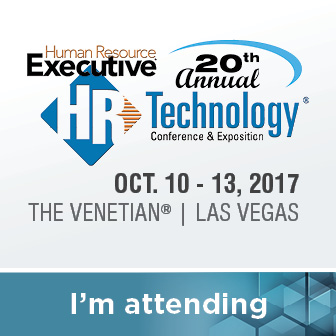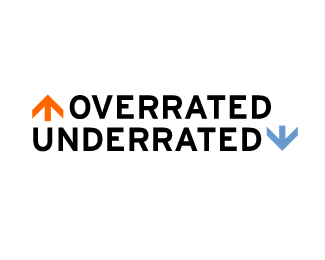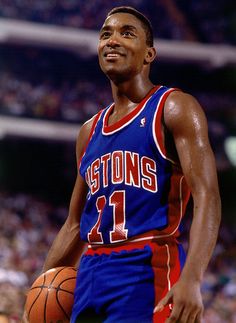On the balance between data and people
Quick shot for a busy Monday. If your organization is one of the many that has or has implemented or has at least considered implementing a more data intensive and analytical approach to the HR and talent management, then I recommend taking a quick look at the comments from a young leader in another discipline where data and analytics have completely changed talent management - the world of professional soccer.
Since Moneyball, and maybe even before that, all kinds of sports (baseball, basketball, soccer, and more), have seen a kind revolution and sea change in the approach to player evaluation, team building, and even in-game strategy driven by the increasing availability of advanced data about player performance and better tools to assess and crunch that data. No leader of even a half-decent professional sports team fails to consider metrics, data, analytics, etc. when making decisions about talent.
And so it has also come to pass that in the 'real' world of work, more and more organizations are or have embraced similar and data driven approaches in their talent management programs. Assessments that validate a candidate's 'fit' for a role, algorithms that assess employee data to flag flight risks, or models that pinpoint expected future leaders are just some of the examples of how data/science/analytics are being used in HR.
But if you have begun adopting these data-driven approaches to talent management processes and decisions how can you know if you have perhaps gone too far, or have let the 'human' part of human resources fall too far by the wayside?
I think the answer is that it is kind of hard to know for sure, but you probably know it when you see it. But i think it stands to reason that today still, in any field that human performance and human capability are what matters, then it can be dangerous to completely trust the data and fail to consider the people.
Here's what Julian Nagelsmann, (millennial, for what it's worth), manager of the German Bundesliga side Hoffenheim has to say about blending data, analytics, and the 'human' side of management in forming his approach to leading his team. (Courtesy of The Ringer):
I studied sports science and have a bachelor of arts. The variety of football data is becoming more and more specific. You shouldn’t make the mistake of looking at football as a science, but there are more diagnostic tools, and the examination of the human body is improving in football: What effect does AstroTurf have on the body? What does lots of shooting do? What does lots of passing do to muscles? There are always new methods and you have to go with the science, but football will never be a science.
There will be more influence from science to analyze games, and you have to keep educating yourself. But you mustn’t make the mistake of seeing football as something technocratic or based on something that is fed by science. You can develop the person by using scientific aspects in your judgement, but the human is still the focus.
A really interesting take from a manager of a team of highly accomplished (and highly compensated), professional soccer players. Even in sports, where every move, every decision, every physical reaction to game circumstances can and is analyzed, and the subsequent data parsed and performance conclusions reached - Nagelsmann still cautions us to not forget the humans.
In fact, he goes much further than that - he claims the human has to remain the focus.
Take in the data, be open to the data, don't be a data Luddite - but don't let it become the only tool you use as a manager or a leader.
Super perspective and advice from a leader who sits completely in the nexus of an industry and discipline that has been historically a 'gut feel' business that is being disrupted by data and analytics.
Use the data. But don't forget about the people.
Great advice for a soccer team or for an organization near you.
Have a great week!
 HR,
HR,  Technology tagged
Technology tagged  8 Man Rotation,
8 Man Rotation,  HR,
HR,  HR Tech,
HR Tech,  analytics,
analytics,  data,
data,  science
science  Email Article
Email Article 
 Print Article
Print Article 


